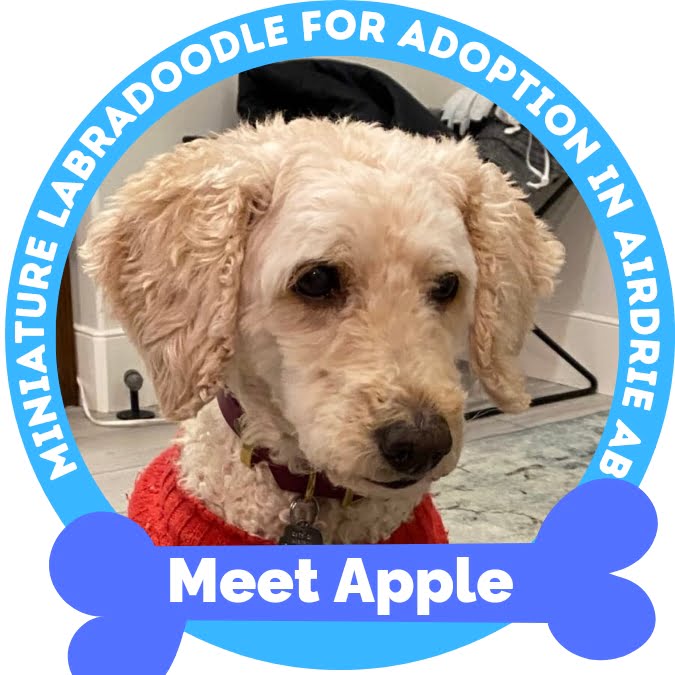Find Non Shedding Small Dogs For Adoption In Your Area Through Pet Rehoming Network
1. Q: What are the benefits of adopting a non-shedding small dog?
A: Non-shedding small dogs are ideal for people with allergies. Their size makes them suitable for apartment living or homes with small yards. They are usually easier to handle, require less food, and are often less intimidating to people and other dogs.
2. Q: What are some examples of non-shedding small dog breeds?
A: Some examples of non-shedding small dog breeds are Bichon Frise, Shih Tzu, Miniature Schnauzer, and Maltese.
3. Q: What is the adoption process for a non-shedding small dog?
A: The adoption process usually involves an application, interview, home visit, and adoption fee. Each shelter or rescue group has its own specific process.
4. Q: Are there any specific considerations for adopting a non-shedding dog?
A: Yes, you might need to groom them more frequently to keep their coat healthy and mat-free. Also, some non-shedding breeds might have specific health issues that you should be aware of.
5. Q: How can I find non-shedding small dogs available for adoption near me?
A: You can check with local animal shelters, rescue groups, or breed-specific rescues. There are also online resources like Petfinder.com where you can filter your search by size and breed.
6. Q: How much exercise does a small non-shedding dog require?
A: This depends on the breed and age of the dog, but generally, small dogs still require regular exercise to maintain a healthy weight and good behavior. This could be in the form of walks, playtime, or agility training.
7. Q: Can a non-shedding small dog be a good fit for families with children?
A: Yes, many small non-shedding dogs are known for their friendly and gentle nature, making them great companions for families with children. However, it’s crucial to teach children how to interact with the dog properly to avoid any accidental injuries due to the dog’s small size.
8. Q: Are non-shedding small dogs typically healthy or prone to certain diseases?
A: While each breed has its own set of potential health concerns, many small non-shedding breeds are generally healthy. Regular vet check-ups will help to ensure your dog stays in good health.
9. Q: What is the average lifespan of a small non-shedding dog?
A: The lifespan of a small non-shedding dog varies by breed, but many can live into their teens with proper care.
10. Q: What should I look for when visiting a shelter or rescue group to adopt a non-shedding small dog?
A: Look for a dog that appears healthy, is responsive and friendly. Ask about the dog’s history, behavior, and health. A reputable shelter or rescue will be happy to provide this information.
Questions and Answers About Adopting a Non-Shedding Small Dog Near You

